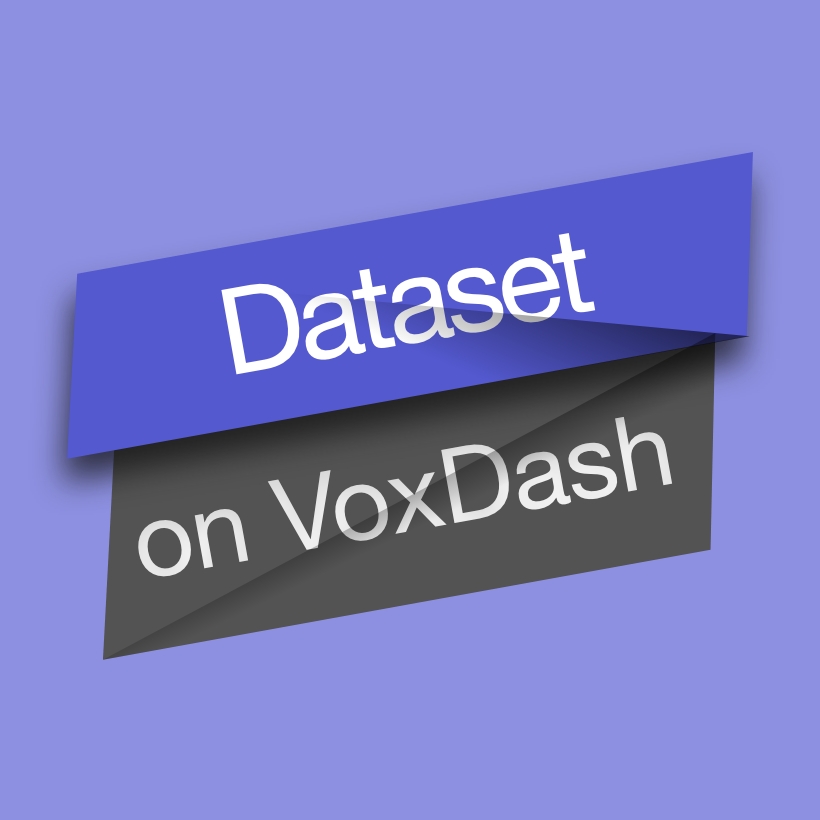Filter By
Data Projects
The incorporation of data sharing into the research lifecycle is an important part of modern scholarly debate. In this study, the DataONE Usability and Assessment working group addresses two primary goals: To examine the current state of data sharing and reuse perceptions and practices among research scientists as they compare to the 2009/2010 baseline study, and to examine differences in practices and perceptions across age groups, geographic regions, and subject disciplines. We distributed surveys to a multinational sample of scientific researchers at two different time periods (October 2009 to July 2010 and October 2013 to March 2014) to observe current states of data sharing and to see what, if any, changes have occurred in the past 3–4 years. We also looked at differences across age, geographic, and discipline-based groups as they currently exist in the 2013/2014 survey. Results point to increased acceptance of and willingness to engage in data sharing, as well as an increase in actual data sharing behaviors. However, there is also increased perceived risk associated with data sharing, and specific barriers to data sharing persist. There are also differences across age groups, with younger respondents feeling more favorably toward data sharing and reuse, yet making less of their data available than older respondents. Geographic differences exist as well, which can in part be understood in terms of collectivist and individualist cultural differences. An examination of subject disciplines shows that the constraints and enablers of data sharing and reuse manifest differently across disciplines. Implications of these findings include the continued need to build infrastructure that promotes data sharing while recognizing the needs of different research communities. Moving into the future, organizations such as DataONE will continue to assess, monitor, educate, and provide the infrastructure necessary to support such complex grand science challenges.
Background: With data becoming a centerpiece of modern scientific discovery, data sharing by scientists is now a crucial element of scientific progress. This article aims to provide an in-depth examination of the practices and perceptions of data management, including data storage, data sharing, and data use and reuse by scientists around the world. Methods: The Usability and Assessment Working Group of DataONE, an NSF-funded environmental cyberinfrastructure project, distributed a survey to a multinational and multidisciplinary sample of scientific researchers in a two-waves approach in 2017-2018. We focused our analysis on examining the differences across age groups, sub-disciplines of science, and sectors of employment. Findings: Most respondents displayed what we describe as high and moderate risk data practices by storing their data on their personal computer, departmental servers or USB drives. Respondents appeared to be satisfied with short-term storage solutions; however, only half of them are satisfied with available mechanisms for storing data beyond the life of the process. Data sharing and data reuse were viewed positively: over 85% of respondents admitted they would be willing to share their data with others and said they would use data collected by others if it could be easily accessed. A vast majority of respondents felt that the lack of access to data generated by other researchers or institutions was a major impediment to progress in science at large, yet only about a half thought that it restricted their own ability to answer scientific questions. Although attitudes towards data sharing and data use and reuse are mostly positive, practice does not always support data storage, sharing, and future reuse. Assistance through data managers or data librarians, readily available data repositories for both long-term and short-term storage, and educational programs for both awareness and to help engender good data practices are clearly needed.




